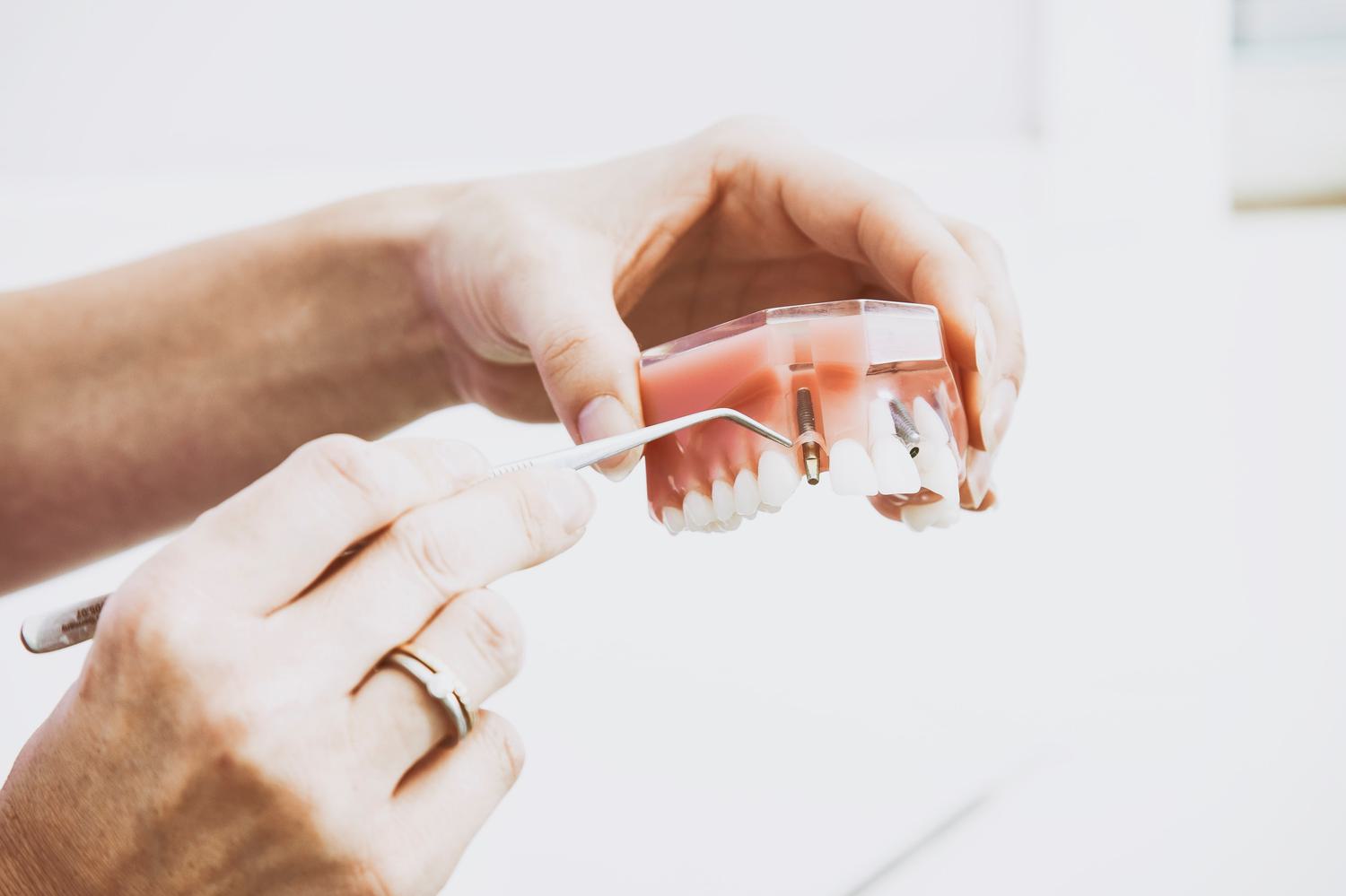Familiarising your child with a dentist at a young age can encourage proper oral hygiene and care for their teeth.
On This Page
It is important to introduce your baby to your family dentist as early as possible. Encouraging your child to trust their dentist will reap rewards as they grow, and help to prevent gum disease and dental problems in the future.
Teething usually starts when a baby is six months old. They then begin to lose their primary teeth (baby teeth) around the age of six years old.
Regular dental appointments will promote the health of their teeth and can also be used to detect cancer, gum diseases and more.
It is recommended that a ‘dental home’ is established for your child by their first birthday and regular check-ups undertaken every six months. There are many reasons why it is important to take care of a baby’s first teeth:
- baby teeth are necessary for the proper development of the bones, muscles and soft tissue;
- they maintain space in the mouth for permanent teeth to grow into – premature loss can lead to crowding;
- they help in speech development;
A nice smile will give your child confidence amongst his or her peers. Care of the primary teeth is particularly important to prevent early tooth decay, which is infectious and can take hold soon after a baby’s first teeth erupt. The most severe form is known as Early Childhood Caries. To prevent this, avoid putting your child to bed with a bottle filled with anything other than water, as frequent and long exposure to sugary liquids (such as breast milk, formula and juice, even if it is massively diluted) can cause serious tooth decay and lead to this condition.
Your family dentist can also be an invaluable source of information concerning early childhood issues including teething, thumb sucking and the effective use of fluoride, as well as dental care concerns during pregnancy. It is important to note that dentists recommend you should start flossing your child’s teeth when two teeth touch. Also, you should continue to help your child to brush their teeth until they can do it themselves, which is usually at around eight years of age.
Other tips to note: make sure that your children do not share a toothbrush, as germs can transfer from one mouth to another; change toothbrushes regularly; use an age appropriate toothpaste and talk to your dentist about starting your children on a low dose fluoride tablet once a day, as Cayman’s water is fluoride free.
Paediatric Dentists
A paediatric dentist has done additional specialist training to care for the oral health of children from infancy to the teenage years.
Their training includes knowing how to deal with children and their behaviour, as well as their dental development. In addition to their knowledge of the special remedies available to children, they also learn how to make children feel at ease in the dentist’s chair so that the experience will be relaxed and non-threatening.
Children’s Dentistry
A family dental practice will treat every member of your family according to their needs and age.
They will make your children’s visits fun and comfortable, as well as encouraging you to take an active part in their oral care. Their approach ensures you have every confidence that they are guiding your children’s dental growth in a trustworthy manner, helping them to avoid dental problems in the future.
Many dentists also offer dental care for children. Here is a list of dental clinics who have dentists experienced in the field of Children's Dentistry:


